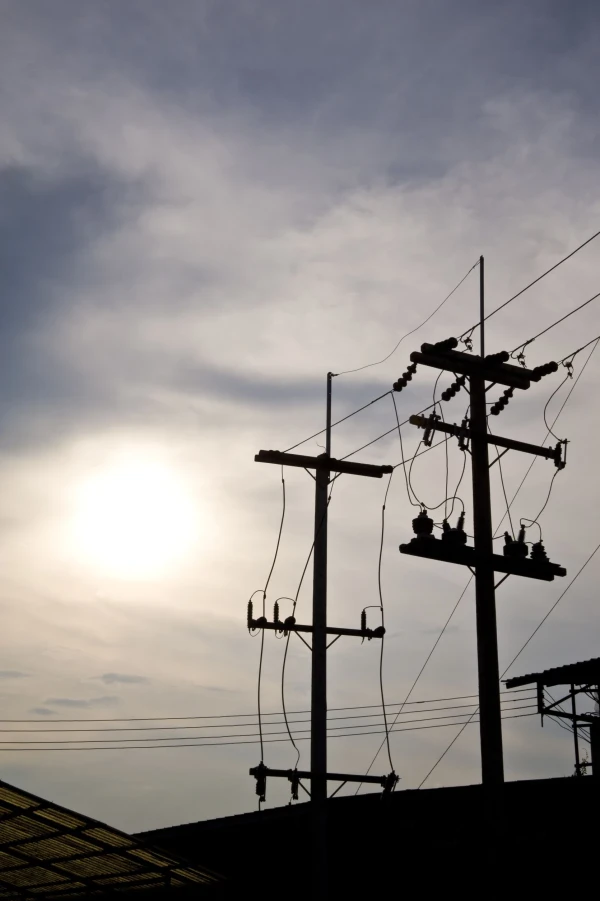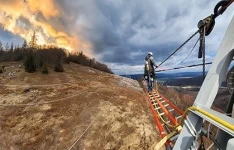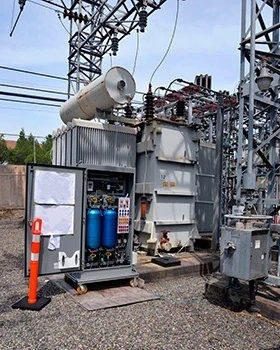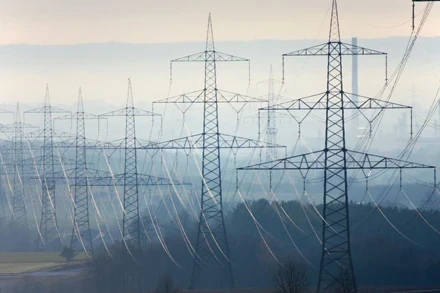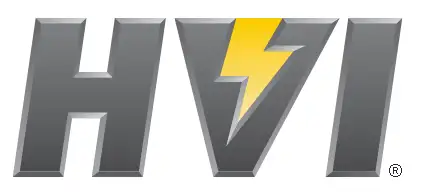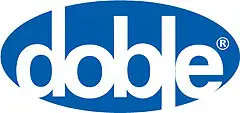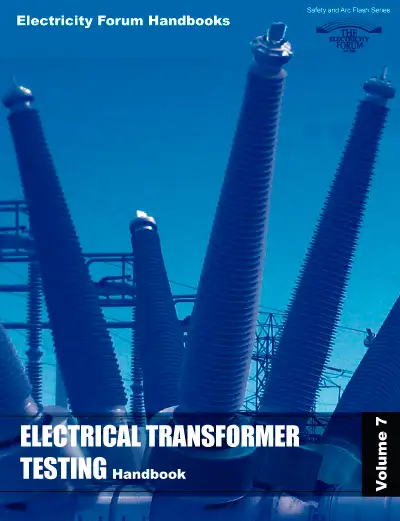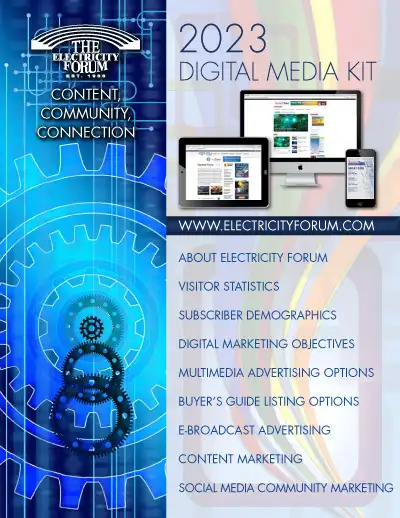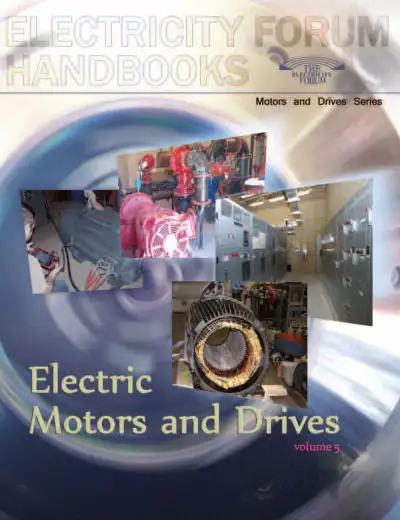Restoring Power: The Mobile Solution
Power has weaved its way into nearly every intrinsic detail of our lives. It has become an afterthought during the course of the day and indeed, it is a staple in our way of life.In July of 2019, in the heart of the nation’s capital, a Potomac Electric Power Company (PEPCO) substation in...

